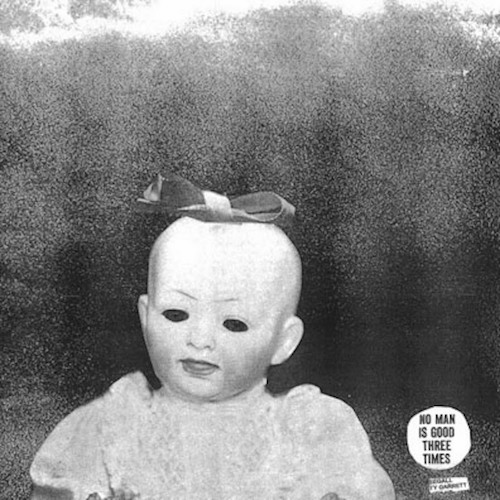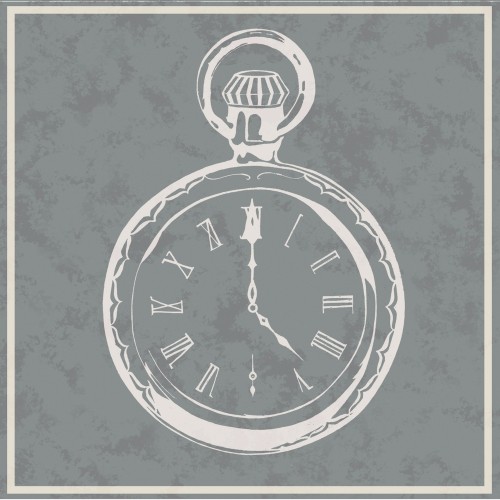 Release Date: January 25, 2011
Release Date: January 25, 2011





Whenever Dan Bejar takes off he always lands in a radically different place. Kaputt is a rich fusion of soft rock, lite-jazz and ’80s pop. At first listen, it may not sound so appealing, but this case is an exception, treading the fine line between genre-imitation and original auteurism.
A seasoned soul in the music business, Bejar has refined and perfected his enfant terrible persona, his smugness and gauche have gone off their respective charts.
With albums, there’s always the question of process. Some artists will say a work speaks for itself, presenting it without disclaimer or statement, while others will try to prove that every decision in the album was theirs (every aspect controlled, no step unaccounted for). In any case, process proves that what is achieved is deliberate. Intentionality is a sign of mastery and impossible to fake.
With Kaputt Bejar seems to already be an old soul that is matured, rested and has nothing to prove. Even when Destroyer is improvising, it feels deliberate. The album is conceptual in its seamless fusion of so many genres and the tinge of poetic, vulgar lyricism. The concept, though subtle, is rigorously adhered to and eventually realized by the listener.
Kaputt is pleasantly anachronistic, without ever sounding like a pastiche. Bejar seems to have cherry-picked the elements he wanted from every era of music for the past 30 years, and the result just happens to be Kaputt. There’s the smooth jazzy swing of “Chinatown,” the New Wave drive of “Savage Night at The Opera” and even hints of funk on “Blue Eyes.”
It’s an album chock full of references to itself and others (band Suicide, the White Album and even old jazz standards), “It don’t mean a thing, it don’t mean a thing/ it’s never got that swing,” is a lyric from “Bay of Pigs,” the incredible finale of the album. The track is the most progressive and reminiscent of prior Destroyer. If it sounds familiar, the song was released on EP in 2009.
“It all sounds like a dream to me,” Bejar sings on the title track and with good reason. He constantly blurs the horizon between fantasy and actuality, wishing and achieving.
It is dreamlike, but also wistful and melancholic with lines like, “Step out of your toga and straight into the fog/You are a Prince on the ocean.” Kaputt never loses its spontaneity, no sooner do one settles into a disco groove than it turns you them on their head, never breaking its unfiltered honesty.
One of the most experimental tracks of the album, “Suicide Demo for Kara Walker,” is also one of the standouts. Kara Walker herself, whose work deals with race in America, lends her words. Walker wrote out note cards with key phrases, leaving Bejar to read them off the cuff in the studio. The song starts with faraway synth and shimmering, nylon-stringed guitar, eventually punching it’s way through with shocking spitfire lyrics, “Harmless little negress/ You’ve got to say yes another excess,” and winding down with dueling saxophone and trumpet solos.
Swirling trumpets explore the space of “Blue Eyes,” a reverb drenched saxophone improvises the ending to “Kaputt”; constant noir lite-jazz elements accentuate the album. That same saxophone, as though continuing a story, begins “Downtown,” evoking empty skyscrapers in the nineteen-eighties. If there’s one thing the album unequivocally achieves it’s atmosphere. “I wrote a song for America,” the Canadian sings (on “Song for America”), “they told me it was clever,” the kind of graceless self-evaluation that is typical of his lyricism.
Through the entire effort, Bejar reclines decadently, content to lounge back and spout off; the grooving is ceaseless, the smoothness never lost. He’s relaxed, but there’s rarely a moment that slips by accidentally.It’s hard to get sick of Kaputt, since it’s incredibly ambitious and bittersweet, but also dazzling.
Destroyer – Kaputt tracklist
- “Chinatown”
- “Blue Eyes”
- “Savage Night at the Opera”
- “Suicide Demo for Kara Walker”
- “Poor in Love
- “Kaputt”
- “Downtown”
- “Song for America”
- “Bay of Pigs”


